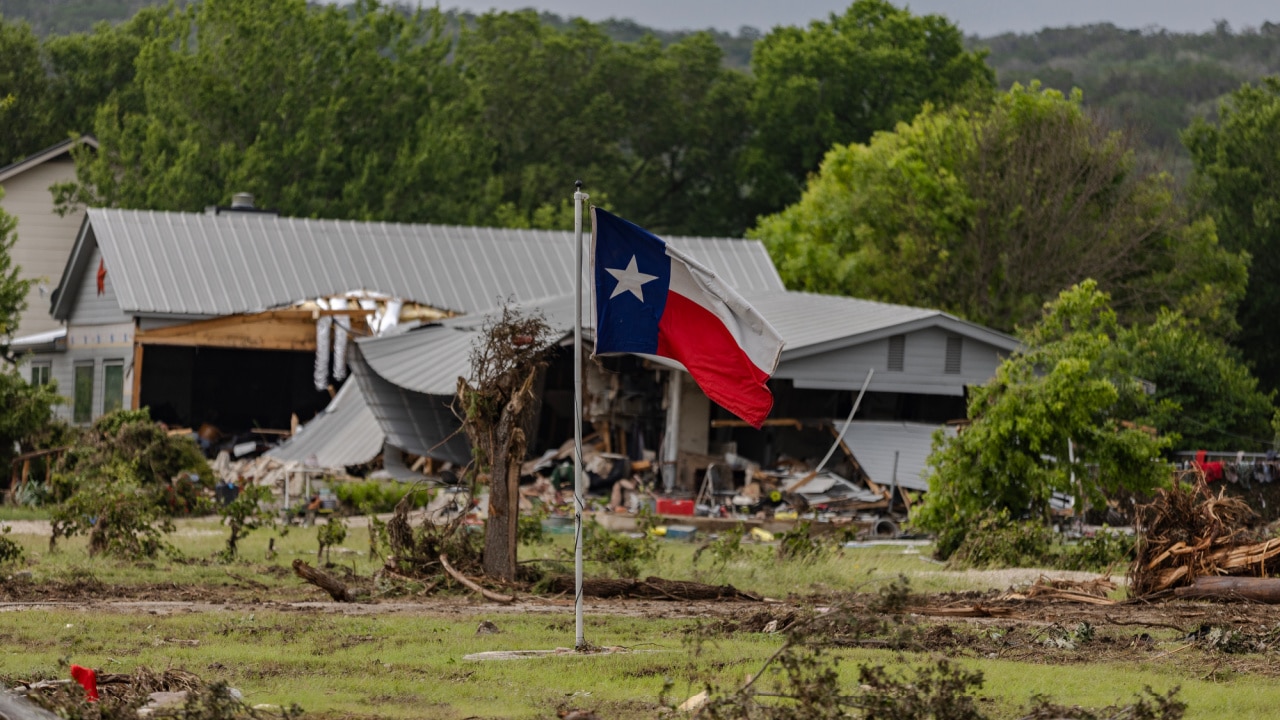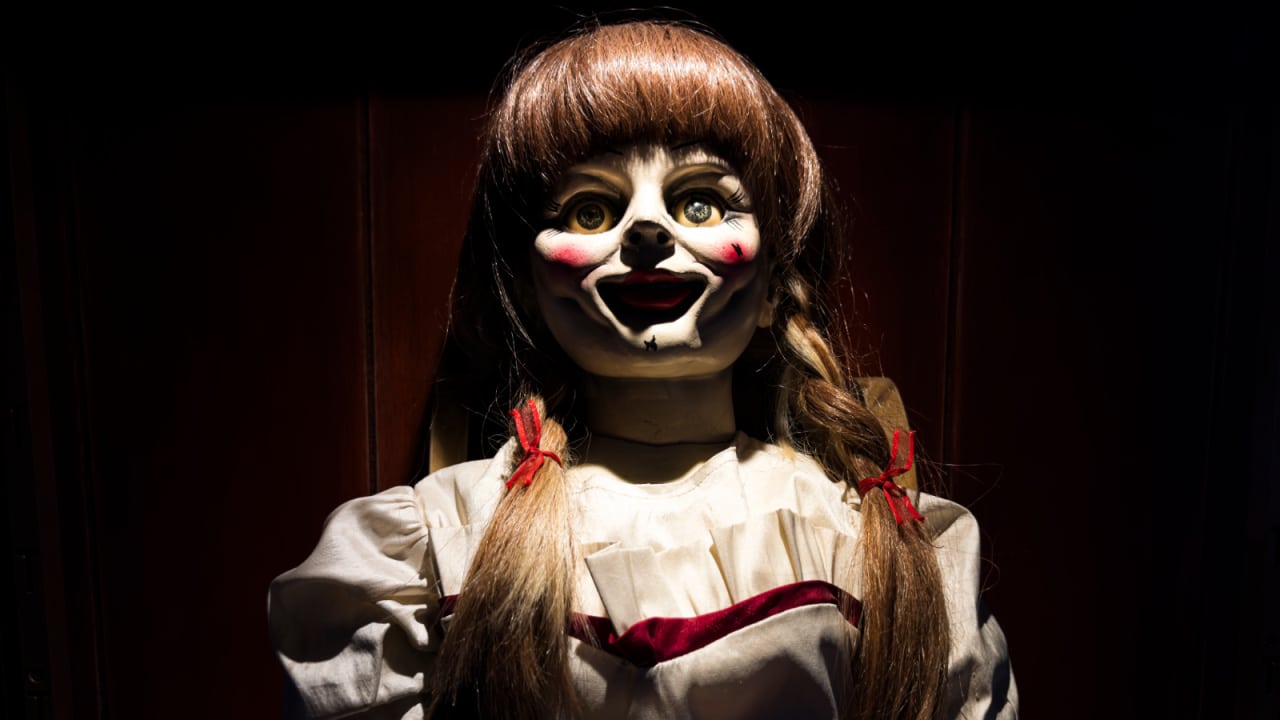Gloria Molina: Remembering the Pioneering Trailblazer Who Fought for Chicana Rights in LA
The community in Los Angeles is mourning the loss of a trailblazing advocate for women who demanded equity and justice for the city’s Chicana population.
Gloria Molina, an activist, feminist, politician and community leader in LA, passed away this week at 74. She was fighting an extensive battle with terminal cancer.
Gloria Molina grew up in LA, where she’d one day fight for change
Molina’s parents came to the United States from Chihuahua, Mexico, to raise a family in Los Angeles. Molina was the oldest of ten children.
The family lived in Barrio Simons, in what is now known as Montebello. Eventually, the family went to what locals now call Pico River and graduated from El Rancho High School.
After graduating, the activist attended multiple colleges in the area: Rio Hondo College, East Los Angeles College and California State Los Angeles. During her studies, she also worked as a legal secretary. She would then become an adult educator who taught clerical classes.
Molina was integral to the women’s movement in LA
By the 1970s, Molina was establishing herself in LA’s activist community. She focused many of her efforts on women’s healthcare, both for patients and medical professionals.
For instance, Molina launched a program to train Chicana nurses as LA faced a shortage of healthcare workers.
She also advocated for Chicana patients and protested against the practice of nonconsensual sterilization. This was a common issue for Latinas at the time and was often done without their knowledge or through coercion.
Comisión Feminil, an organization in LA of which Molina was the local founding member, worked with two attorneys and a doctor who broke his silence on nonconsensual sterilization to demand legislation outlawing the practice.
In 1976, the case of Madrigal v. Quilligan resulted in changes to how doctors proposed the idea of sterilization through informed consent. Despite that, the judge sided with the hospital in 1978 and blamed female hysteria and cultural differences for the wave of backlash against the practice.
She became a public servant in LA’s local government
After working with several local and federal administrations — including President Jimmy Carter, as his deputy for presidential personnel — Molina became LA’s first Latina elected to the California Legislature in 1982.
She served on many committees, including labor and employment. After her first term ended in 1986, Molina campaigned for a seat on LA’s City Council. She was the first Latina elected.
In 1990, she made history again as the first Latina on LA’s County Board of Supervisors. She spent the rest of her career advocating for social programs that benefit the Latino community, including creating the LA Plaza de Cultura y Artes.
Additionally, she was an avid quilter and launched the East LA Stitchers group in 2014.
“One of our big goals was learning to become leaders,” Molina once said during a campaign. “Not to become followers to the white women’s movement, and not to become followers to the Chicano movement. But to become leaders for ourselves, for other women. That was very important to us.”
At home, she was a beloved wife and mother
Molina married her husband, a businessman named Ron Martinez, in the late 1980s while she was campaigning for Los Angeles City Council. They had a daughter named Valentina, who is remembering her mother as someone who cared for her entire family.
“For us, Gloria will be remembered in our hearts as our loving mom and grandmother, protective oldest sister, wise tía, and loyal friend,” Valentina said in a statement.
She added, “We will miss celebrating with her on Christmas Eve, hosted at her home decked out in a new theme for the holidays and nourished with handmade tamales and a holiday feast with all the trimmings.”




